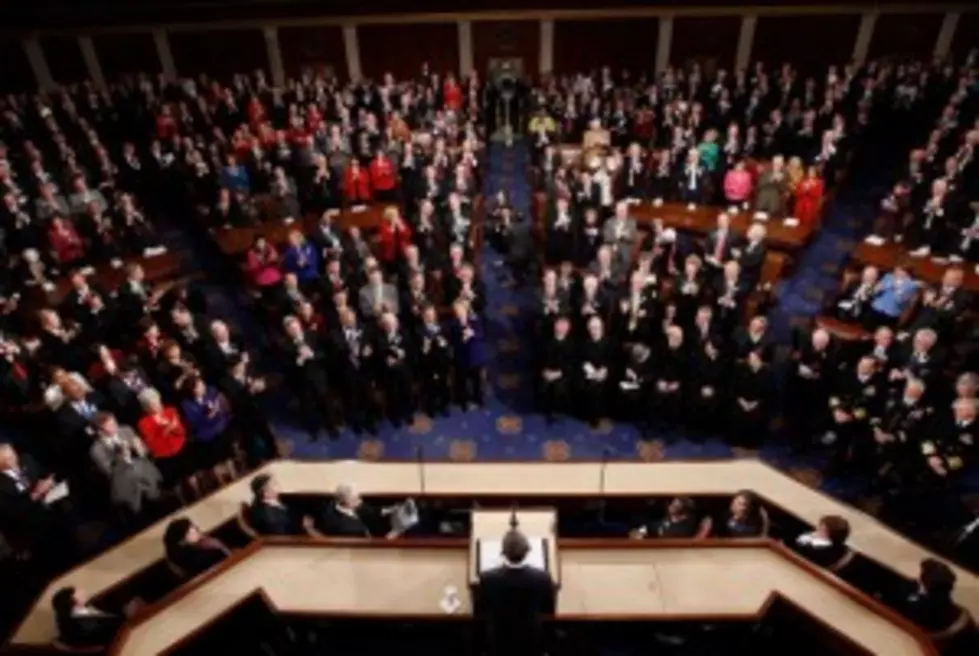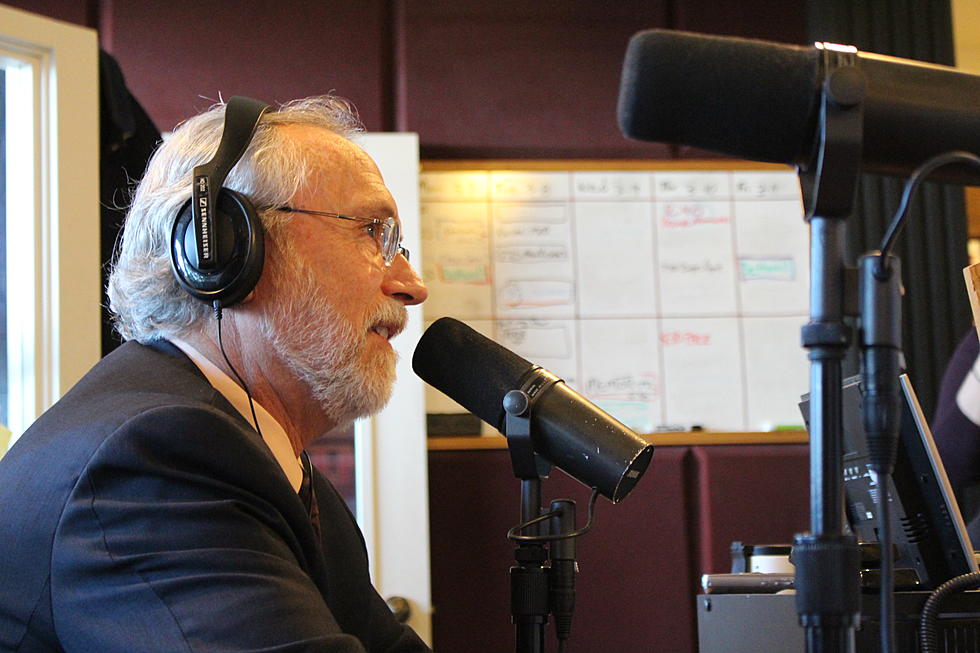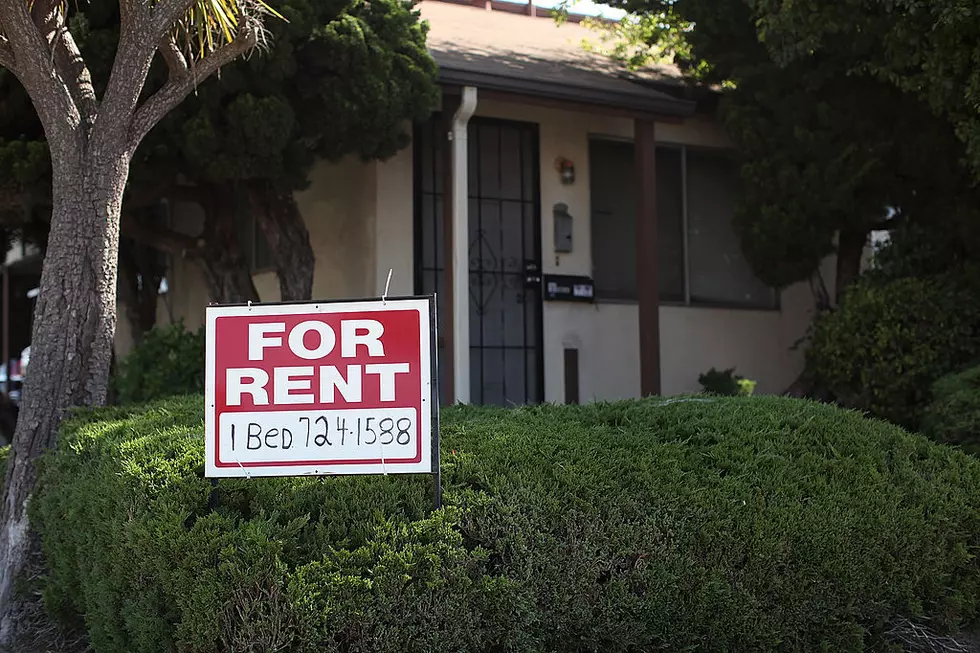
Behold the Future – Obama-style
Declaring that the nation faces big decisions like those it confronted at the dawn of the space race, President Barack Obama called for sweeping "investment" in science, education and infrastructure in his State of the Union address Tuesday night — all without increasing government spending.
Obama said America faces a crossroads that demands a cooperative effort "bigger than party and bigger than politics."
(The address was broadcast live on NBC stations and MSNBC-TV and streamed live on msnbc.com , which will also stream the official Republican response by Rep. Rep. Paul Ryan of Wisconsin and an unusual second response by Rep. Michele Bachmann, R-Minn., speaking on behalf of the Tea Party.)
At "our generation's Sputnik moment ... we will move forward together or not at all," the president said, recalling the massive U.S. mobilization of money and resources to catch the Soviet Union after it launched the world's first satellite into space in 1957.
At the same time, Obama acknowledged that he must accommodate conservatives' demands for restrictions on overall government spending and taxes, proposing a freeze on "annual domestic spending for the next five years."
Emotional tribute to Giffords
The address came halfway through Obama's term, at a time of deep partisan breaks exposed by the November elections — and rubbed raw in the aftermath of the shootings that killed six people and left Rep. Gabrielle Giffords, D-Ariz., gravely wounded this month.
The president opened by asking for prayers for Giffords and pointing out that one seat remained empty in the House chamber in her honor. Family members of some of the victims joined first lady Michelle Obama in the chamber, where many lawmakers of both parties wore black-and-white lapel pins, signifying the deaths in Tucson.
The parties did not sit apart, as is traditional. Instead, many lawmakers paired up with members of their opposing party to show solidarity with calls for less confrontation in America's politics.
Among them were Rep. Joe Wilson, R-S.C., who shouted that Obama was a liar during a presidential address in September 2009. Tuesday night, he sat with Democratic Rep. Susan Davis of California.
NBC News' Kelly O'Donnell, meanwhile reported that as Obama made his way down the aisle, Sen. Barbara Boxer, D-Calif., pointed to Rep. John Mica, R-Fla., and said, "Here's my date."
Big goals; few specifics
With polls showing the public's attention firmly focused on the economy, Obama spoke little about foreign policy, mainly to say the United States was on the way to meeting its goals in Iraq and Afghanistan and in the battle against al-Qaida. Noting the recent upheaval in Tunisia, he said the United States "supports the democratic aspirations of all people."
The bulk of Obama's address centered on domestic issues. But while he insisted that "now is the time to act," he did not say how the government would be able to "invest" in the variety of sectors he highlighted — education, biomedical research, information technology and "clean energy" — if spending is frozen on so-called discretionary domestic programs (like Medicare, Medicaid and Social Security, whose funding is determined by law).
The president does not determine the national budget; that is a task left to Congress. And Obama asked it to "make the hard choices now to rein in our deficits" so "we can make the investments we need to win the future."
He broadly set several structural goals, among them simplification of the tax code, doubling of U.S. exports by 2014 and reorganization and consolidation of overlapping federal programs.
As with his call for "investment" in innovation, the president offered no specifics of how he and Congress might solve problems like that, promising instead that he would develop and offer a proposal "in the coming months."
Obama did repeat his insistence that tax cuts on the wealthiest 2 percent of Americans, enacted during the administration of his predecessor, George W. Bush, must not be made permanent "if we truly care about our deficit."
" In another proposal likely to be especially contentious, he called for elimination of tax subsidies for oil companies, which he said were "doing just fine on their own."
An idea sure to be opposed by some members of Obama's own party was his promise to veto any bill that comes to him with "earmarks" — the specific, often unrelated spending projects that individual lawmakers include in legislation for their own states and districts.
Earlier Tuesday, Senate Democratic leader Harry Reid of Nevada objected that eliminating earmarks would give the president too much discretion over spending, saying, "He has enough power already." Proposals to ban earmarks, Reid said, are just a "lot of pretty talk."
And like presidents before him, Obama came armed with examples of government "waste" to target. His favorite, he said, is government regulation of salmon:
"The Interior Department is in charge of salmon while they're in fresh water, but the Commerce Department handles them in when they're in saltwater. And I hear it gets even more complicated once they're smoked," he said.
Republicans call for deep budget cuts
Republicans immediately rejected Obama's claim that "the steps we've taken over the last two years may have broken the back of this recession" and insisted that his proposals would do little to curb federal spending.
House Speaker John Boehner's office shot out a release contending that Obama's $787 billion economic stimulus plan "did not work" and that unemployment remained too high.
Sen. Jim DeMint of South Carolina, meanwhile, said the speech was just a rehash of the stimulus program and declared that "the president should have admitted that it failed."
The official word, however, came from Ryan, chairman of the House Budget Committee. In the party's official response, he promoted more budget cuts as essential to responsible governing in a speech from the Budget Committee's hearing room.
By Alex Johnson msnbc
More From News Talk KIT









